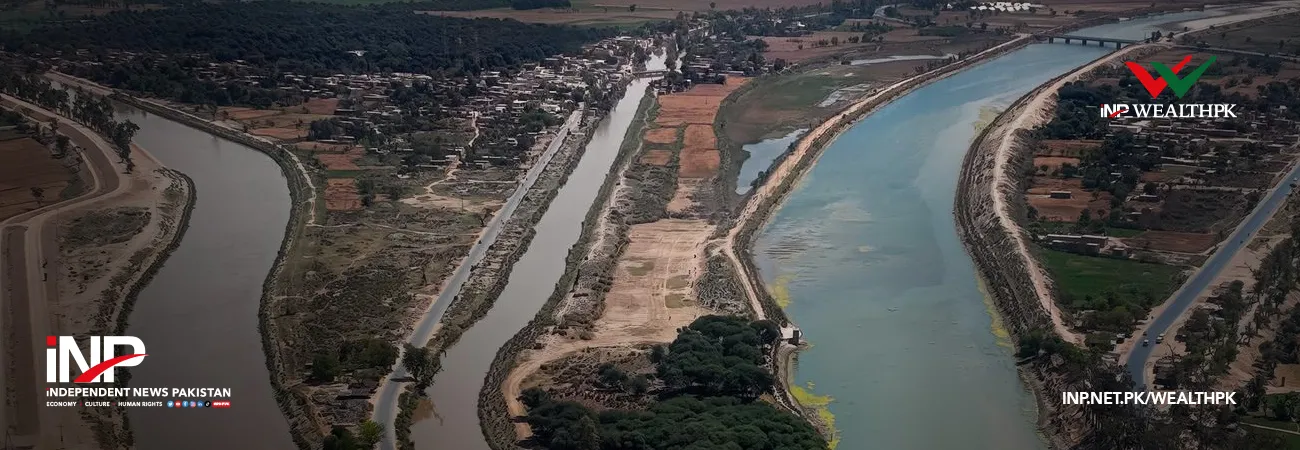INP-WealthPk
In order to ensure economic growth, especially promoting small and medium enterprises (SMEs) in the country, business representatives said that the government should take the business community into confidence when making significant decisions on taxation and regulations. With the current economic crisis, Farhan Aziz, CEO of Small and Medium Businesses Development Authority (SMEDA), advised to highlight critical challenges affecting the small and medium enterprise sector.
He remarked, attention should be given to identify issues' resolutions. He advised to think about how Egypt and Sri Lanka overcame crises that Pakistan is currently experiencing by adopting workable remedies. He said that the suggestions would be discussed with policymakers in Islamabad. The members of the business community agreed that several taxes at the provincial and federal levels, high markup rates, and rising energy prices had reduced the room for industry to thrive.
They argued that while making important choices on taxation and regulations, the government should consult with the business community. Muhammad Haroon, a senior office-holder for the Peshawar Chamber of Commerce and Industry, expressed dissatisfaction about the lack of implementation of tax breaks agreed upon with the FATA business sector to support SMEs. He proposed using the 2,080-kilometer Afghan border that is connected to FATA to promote bilateral trade between the two countries' SMEs.
Vice President of Quetta Chamber of Commerce and Industry, Amjad Siddiqui advised to develop a plan to investigate the wealth of priceless natural resources that are present in Balochistan. He said that if used with the assistance of contemporary technology, 42 recognised minerals, including gold, coal, and manganese, might alter Pakistan's economic destiny. He also recommended the use of contemporary methods to advance Balochistan's agriculture and livestock industries.
Credit: Independent News Pakistan-WealthPk













